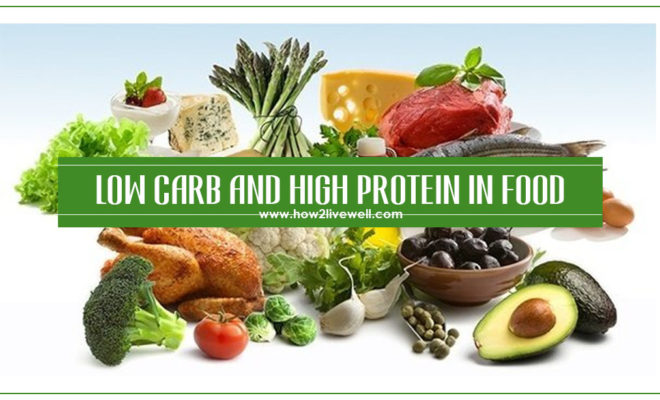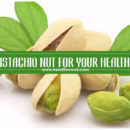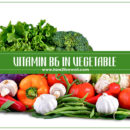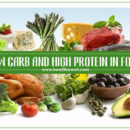Healthiest Foods On Your Meals
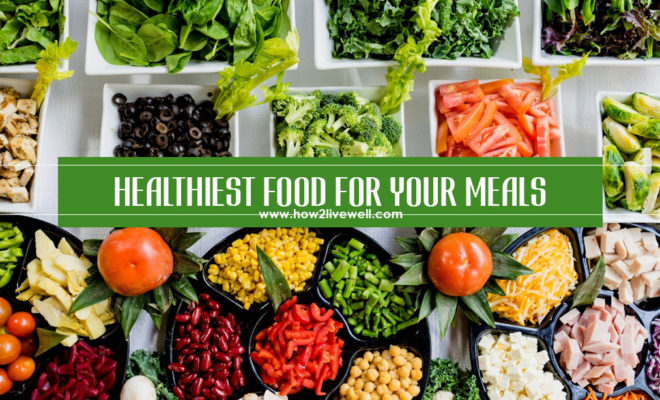
16. Watermelon:
Who would have thought that this summertime treat is also one of the healthier foods you can have? Just be sure not to overdo it here, because it still contains sugars, even though they are all-natural, they can still cause a spike in insulin levels if you consume too much at one time.
Benefits
Although most people enjoy eating watermelon, and have a rough idea that it’s good for them since it’s a fruit, they aren’t sure exactly what it’s doing behind the scenes, or how great it is. First, it rivals tomatoes with its levels of lycopene, a very helpful in battling two big killers: heart disease and cancer. Aside from that it’s also a good source of other vitamins that are known to help cut down on free radical damage. It’s almost entirely fat free, so you can enjoy it without the guilt, as long as you consider the sugar as stated earlier.
Vitamin Breakdown per 100g:
- Vitamin A – 11% – Like any fruit worth its salt, it boosts your vitamin levels.
- Vitamin C – 14% – Helping you to get to your daily intake of Vitamin C.
- Fat – 0.1 – The most fat-free fruit we’ve seen.
17. Grapefruit:
Grapefruit came into true prominence as a health food when it was included in the diet for recovering heart surgery patients. But it really does have a lot going for it, nutritionally speaking, and is worth a place in your kitchen, either as a breakfast item, or a between meals snack. The nice thing about buying them is they’re usually readily available in the produce section along with the other citrus fruits. You can also pick up some oranges, for while they didn’t make this list, they’re still a bonafide superfood.
Benefits
The high levels of Vitamin C and carotenoids are what gives grapefruit its bang for the buck. The reason it’s can be such a healthy start to your day is because it’s giving your body a one up on all the free radicals that might be present, or that might be introduced as you go about your day. If you make this part of your daily routine, you can work to prevent things like cancer and other degenerative diseases because you helped your body stay fighting strong day by day.
Vitamin Breakdown per 100g:
- Vitamin A – 23% – While Vitamin C gets a lot of attention, A is also important.
- Vitamin C – 52% – Not bad, getting half your needs met with one serving.
- Fiber – 1.6g – Considered a good source of fiber as well.
18. Asparagus:
Asparagus should make it onto your plate on a pretty regular basis. It makes a great addition to a meal, like a side to salmon or other lean meats. The best way to prepare it seems to be to steam it, which locks in the flavor, makes it easy to chew up, as well as keeps the nutrients intact. Opt for organic if you can, and find it fresh in the produce section, or frozen in the frozen vegetable aisle.
Benefits
Asparagus is a good detoxifying vegetable, and has a diuretic effect, helping to purge the body of excess water, and flush toxins. Because of all of the vitamins and minerals it packs, it provides anti-aging benefits when eaten on a regular basis. The antioxidants will help lessen free radical damage, which can help you avoid all sorts of diseases and conditions if left unchecked. It can also help you stay sharp, by providing nourishment to the brain.
Vitamin Breakdown per 100g:
- Vitamin A – 20% – The ever-present Vitamin A makes another appearance on our list.
- Protein – 2.4g – a good source of vegetable protein.
- Fiber – 2g – may not seem like a lot, but ranks has a high fiber food.
19. Kelp:
Kelp is a form of seaweed and one of the most common members of the brown algae family. This food is known to have high level of nutrients, including vitamins A, B, C, D, E, and K, as well as minerals, trace elements, and proteins. It is also a great source of calcium and fiber. You might feel like a whale when you eat kelp, but you won’t grow to the size of one. In fact, since it’s pretty hard to come by in stores, most people turn to a kelp supplement to get the benefits from it. This makes it more easy to consume, since it’s not easy to buy, store, and prepare it.
Benefits
Depending on who you ask there are varying benefits to kelp. Be sure that you’re getting your information from a source that isn’t trying to sell you a kelp supplement. The calcium in kelp appears to be what gets the spotlight, outdoing one of the most commonly thought of food items when it comes to calcium: milk. It also features an assortment of vitamins and minerals, and since it comes from the ocean, it’s a different makeup than land-based vegetables, with different varieties of phytonutrients.
Vitamin Breakdown per Cup:
- Folate – 396mcg – almost too much, so you don’t have to eat a lot.
- Vitamin K – 145mcg – covers you for the day, and then some, so one serving is enough.
- Sodium – 513mg – one potential drawback to consider if on a low-sodium diet.
20. Cabbage:
Cabbage has been a widely known “health food” for decades now, and it seems the more studies they run on it, the better it looks. One of the easiest and tastiest ways to eat more cabbage is to make a soup out of it. You can also steam it for a great side dish to any meal. One tip: cut it into smaller pieces so it cooks quicker and is easier to eat.
Benefits
The fiber in cabbage will help to keep your digestive system operating at its full potential. The antioxidants are the key on this one as well as almost all of the items on this list, doing battle with the free radicals that occur as a result of stress and other factors. If you struggle with high cholesterol you’ll want to pay extra attention to cabbage as a way to keep it under control. It can also help to prevent or deter cancer due to its high levels of glucosinolates.
Vitamin Breakdown per Cup:
- Vitamin C – 61% – A surprising source of Vitamin C since it usually is associated with fruits.
- Folate – 11% – You’ll want to make sure you get just enough, and cabbage really helps.
- Protein – 1.3g – Not too much protein, but an interesting source that you might not have known.


